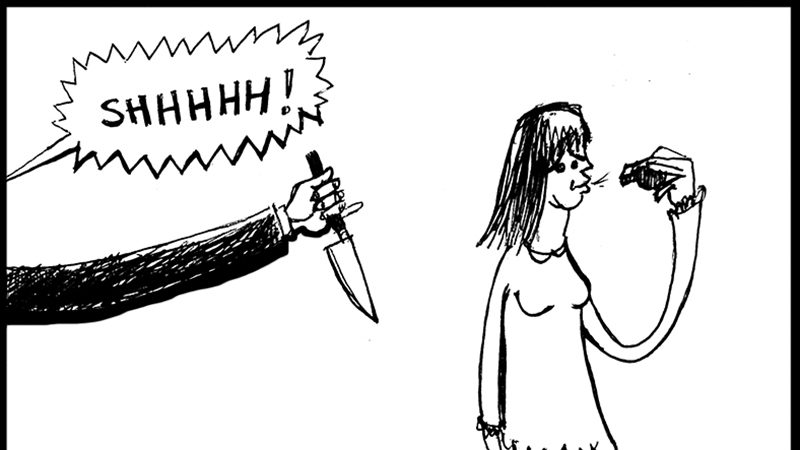Labour MEP Miriam Dalli countered criticism in the European Parliament on the rule of law in Malta by citing the introduction of the Whistleblower Act as an example of the government’s commitment to strengthen the institutions.
Yet this contrasts with the reality on the ground where an arrest warrant was issued against the Russian whistleblower whose revelations on Pilatus Bank led to an ongoing magisterial inquiry. Magistrate Aaron Bugeja is looking into whether an investigation on the Prime Minister is necessary with regards to the ownership of Panama company Egrant and transactions involving Azeri kleptocrats in Pilatus Bank.
It also contrasts with the reality where Labour MP Manuel Mallia called for an investigation on who leaked the FIAU reports to the Nationalist Party before the general election last June. And, the reality where the Attorney General filed an application in court demanding the removal of an affidavit presented by former FIAU investigator Jonathan Ferris on the grounds of national security.
It is clear that the government accords different treatment to whistleblowers. In the case involving the husband of Giovanna Debono, the whistleblower found full protection and was even awarded over €1 million in public contracts, those revealing information on the current government are hounded and discouraged.
To justify itself the government is being deceptive. In the case of the arrest warrant against the Russian whistleblower, it replied to scathing criticism from the opposition and the European People’s Party by saying that it was the court which issued the warrant, despite knowing that the request to the court to issue the warrant was made by the police.
It is true that the Russian whistleblower has not formally requested to be granted whistleblower protection and has now left the island after claiming that her father was harassed in Moscow and that she feared for her safety. But this has to be seen in a context. Not only was the whistleblower vilified and attacked from day one, she also faced an institutional deadlock.
It is ultimately the Attorney General who decides if someone should receive whistleblower status or not. Can a whistleblower actually trust the present Attorney General with granting protection on a damning case against the Prime Minister and other high ranking officials?
The real test case for any Whistleblower Act is when someone comes forward with a case against the government of the day and not one involving the government of yesterday.
The same Attorney General who decides on whether to grant protection to the whistleblower or not also chairs the FIAU. Can whistleblowers have trust in the same person who, over the past years, has failed to act on reports issued by the same institution he chairs?
The Attorney General also said that he is not even privy to the FIAU investigations, which leads to the question: where does the buck stop?
Only when positions such as the Police Commissioner and Attorney General are occupied by people enjoying the full trust of the country can whistleblowers feel safe to come forward with information through the legal channels established by the Whistleblowers Act and expect action to be taken while they are accorded full protection by the authorities.
In the absence of this, laws like the Whistleblower Act will remain a convenient tool for the government of the day.













